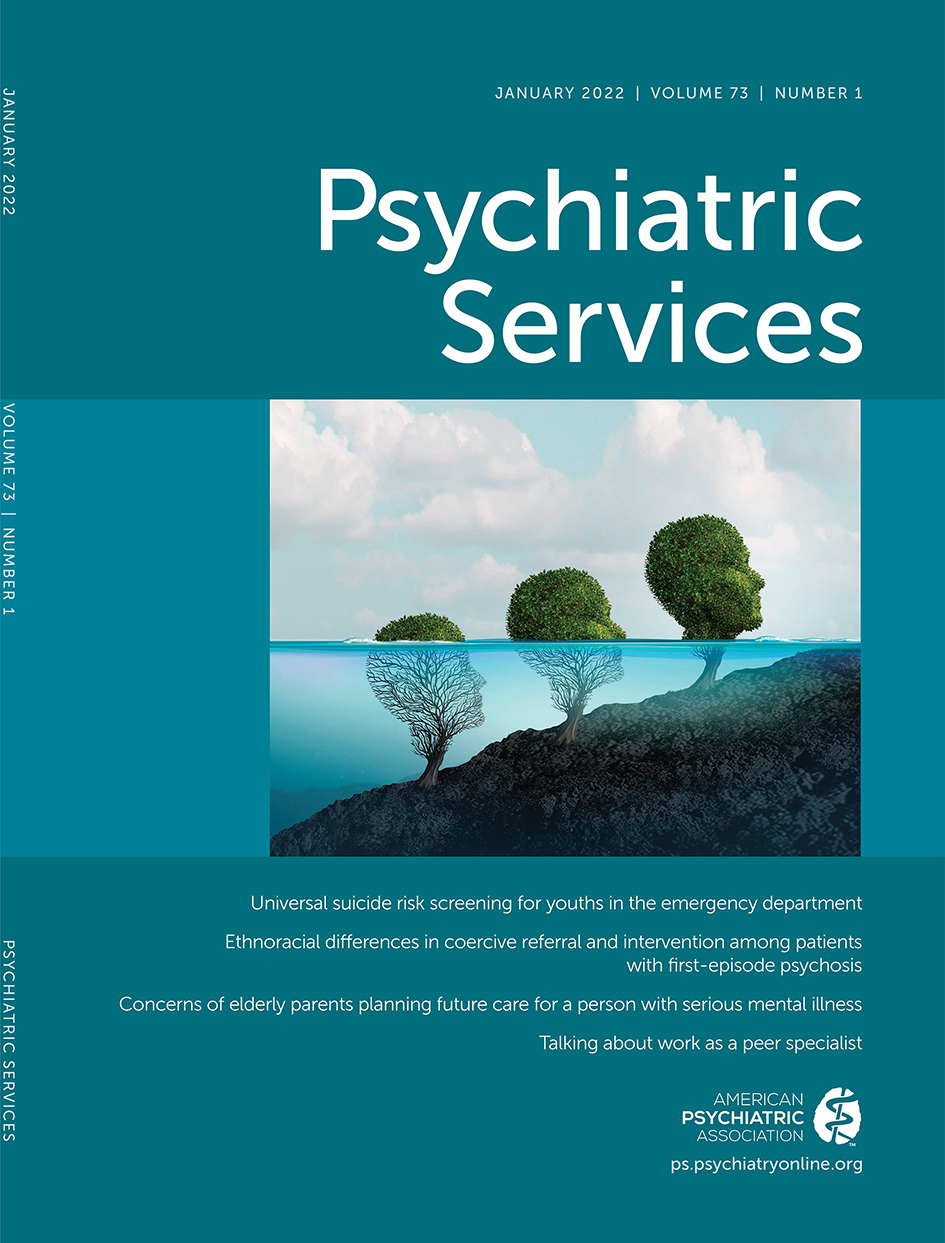Settled Insanity: Substance Use Meets the Insanity Defense
Abstract
Mental impairments as a result of intoxication with alcohol or drugs have never been accepted as bases for an insanity defense. However, most U.S. jurisdictions have agreed that when the downstream effects of substance use lead to longer-term impairment, this circumstance can serve as legitimate grounds for an insanity plea. A recent Massachusetts case illustrates the application of this doctrine of “settled insanity.” Although subject to criticism as excusing volitional behavior, recognition of the interplay between endogenous dispositions and the effects of substances suggests the wisdom of allowing settled insanity pleas.



